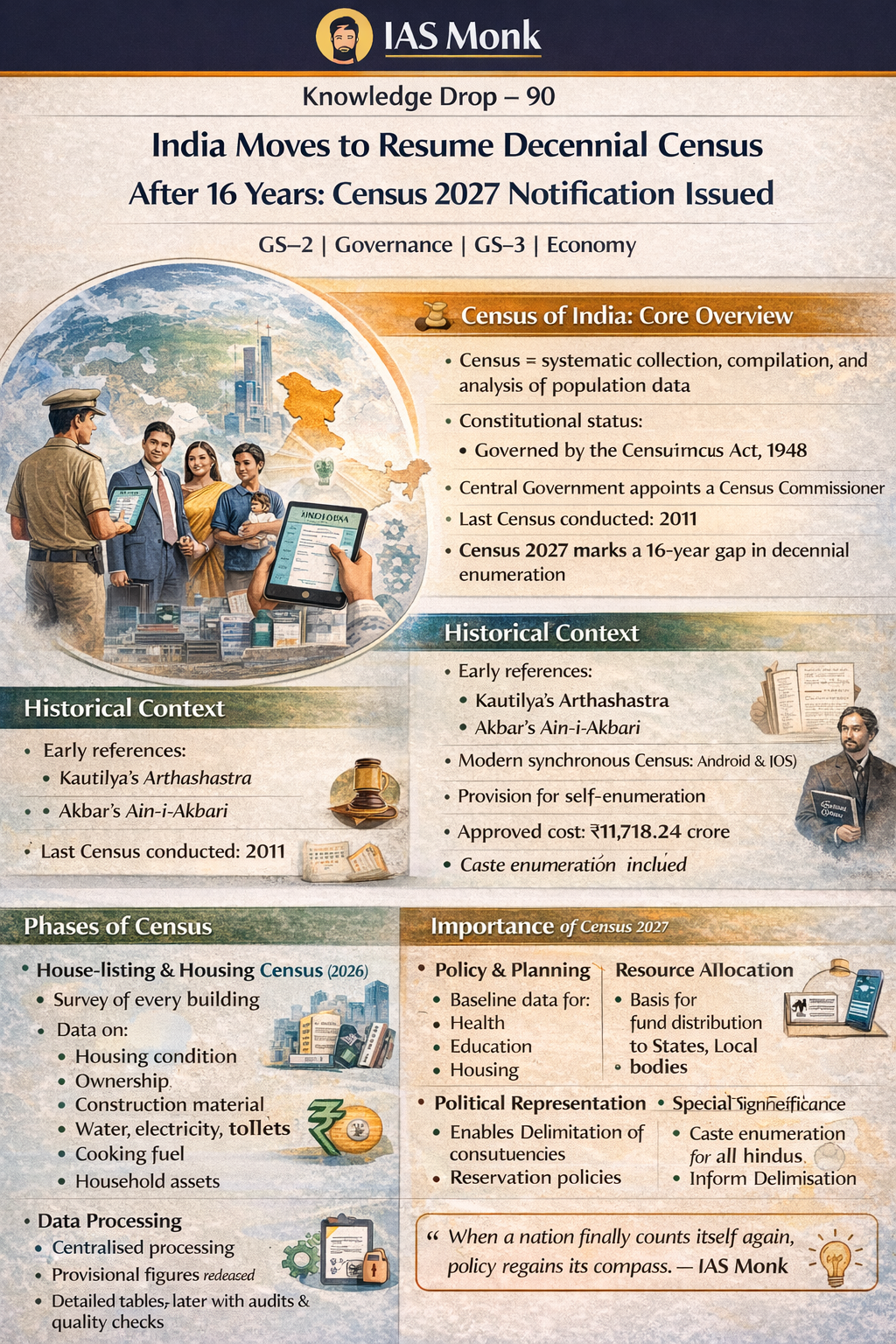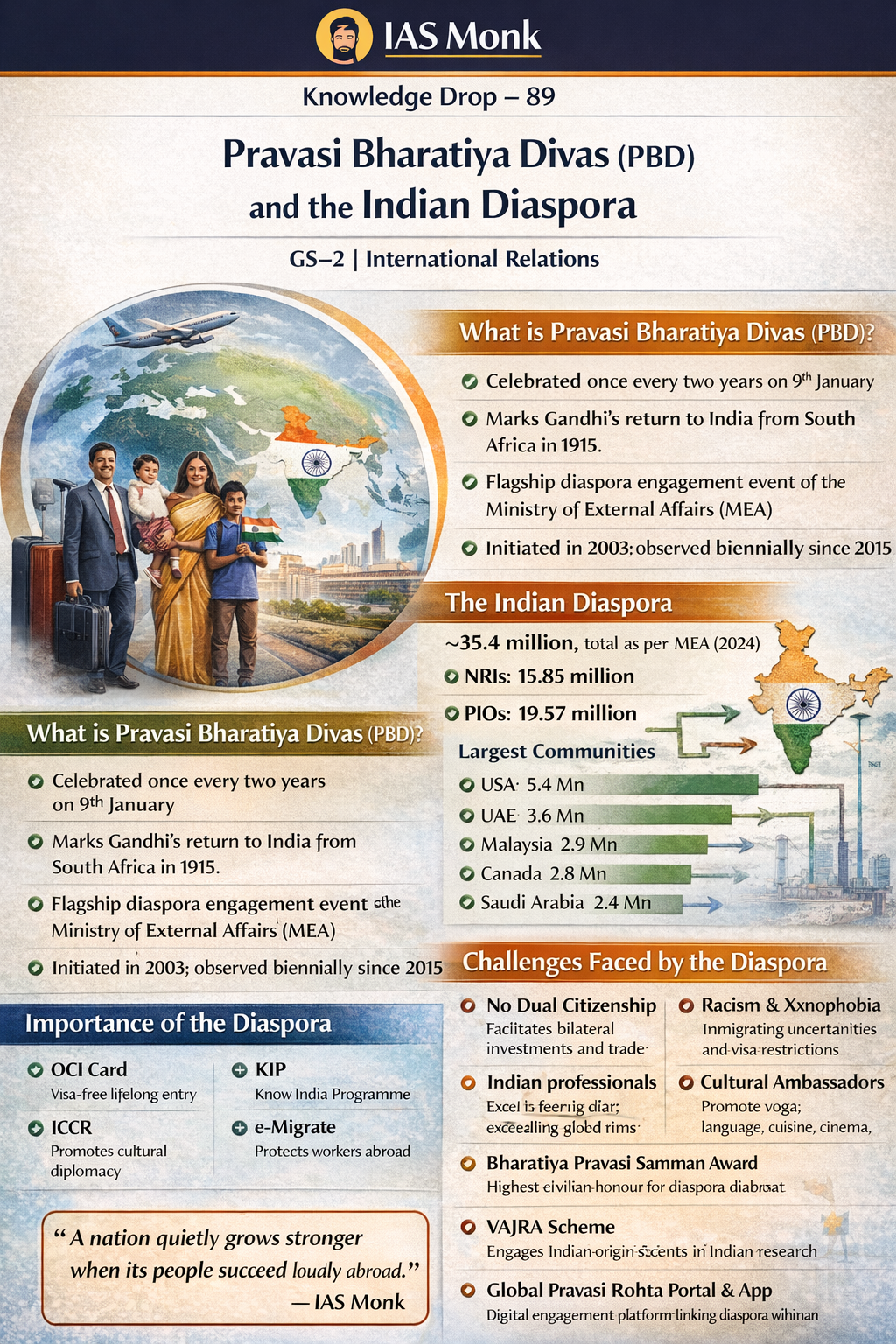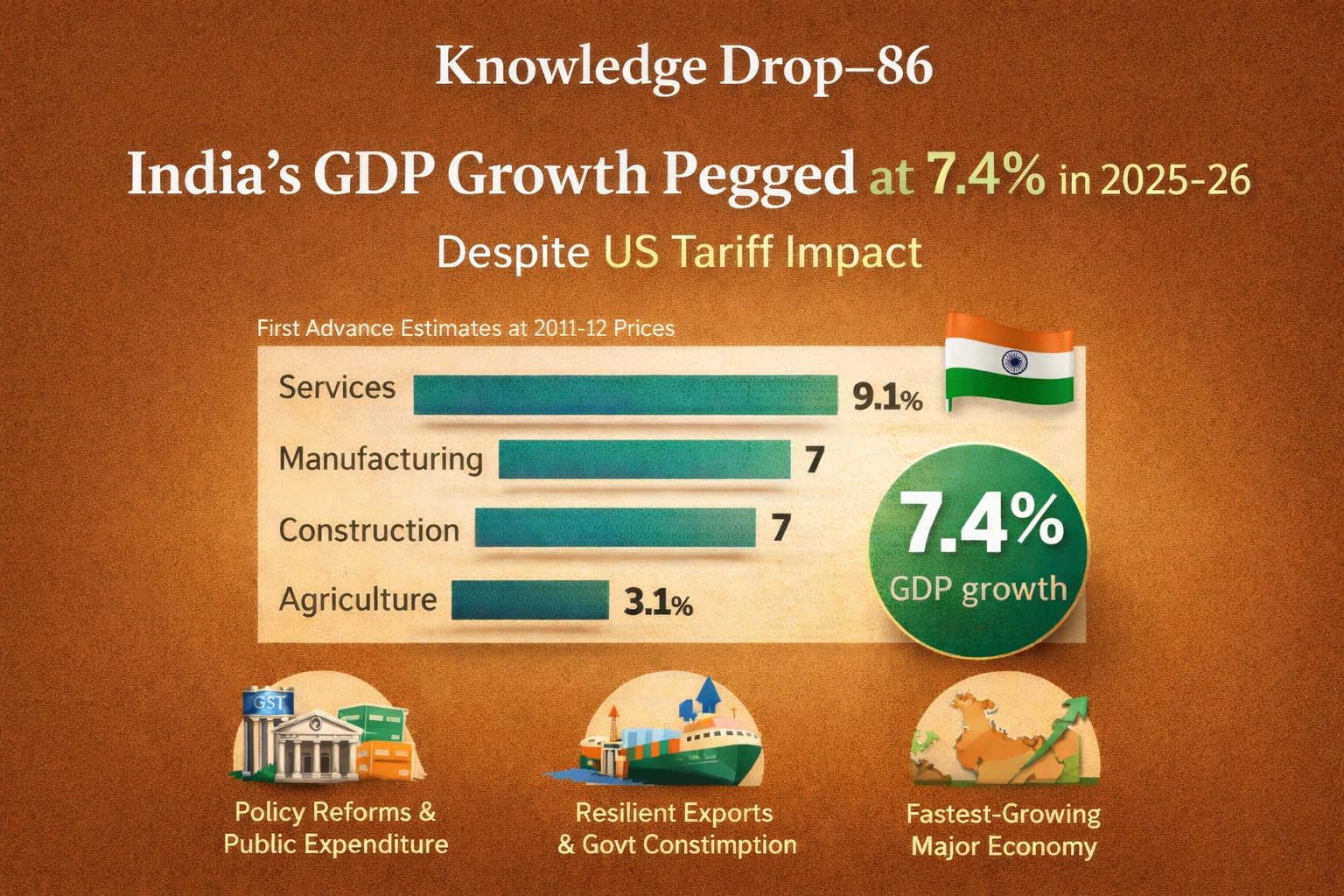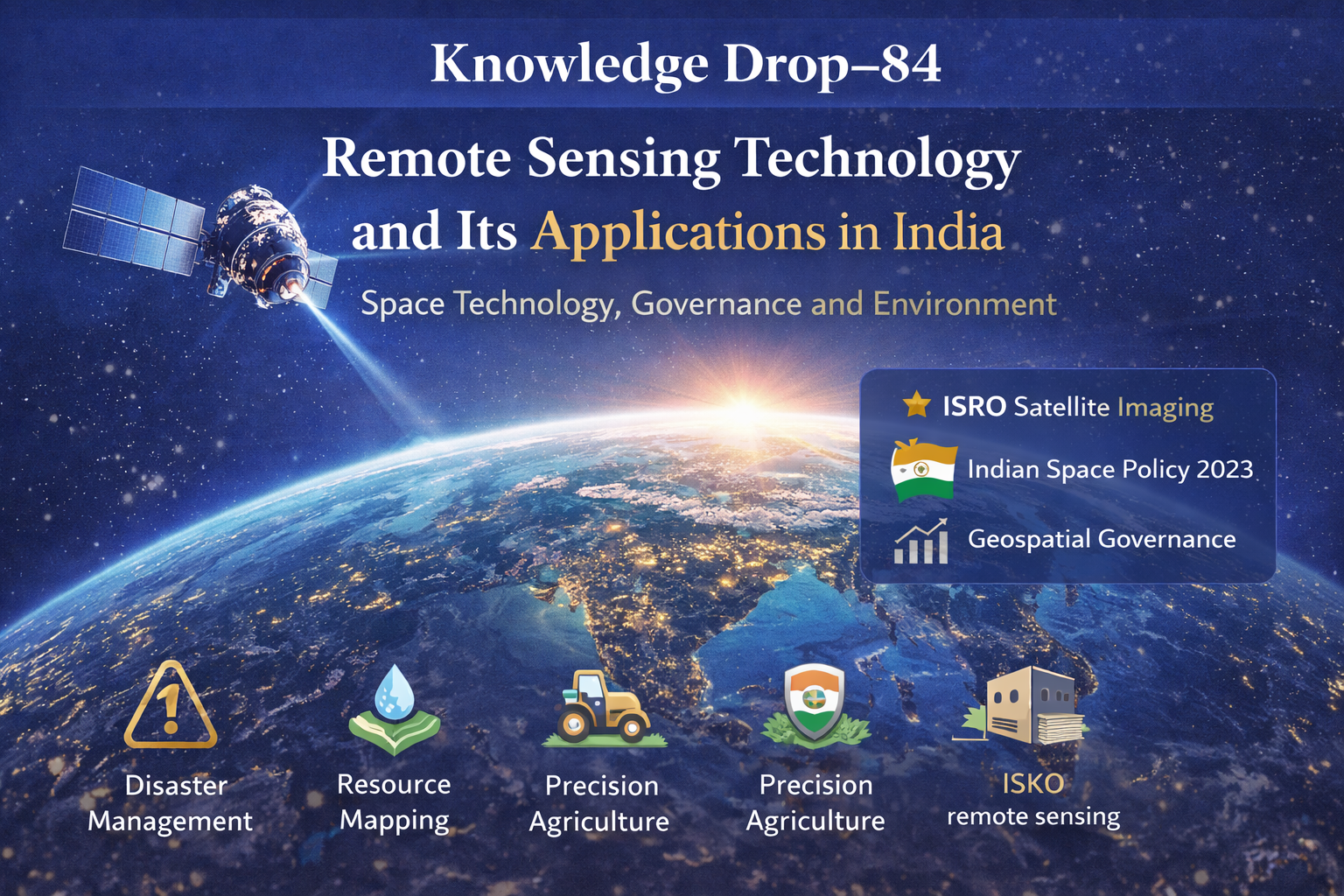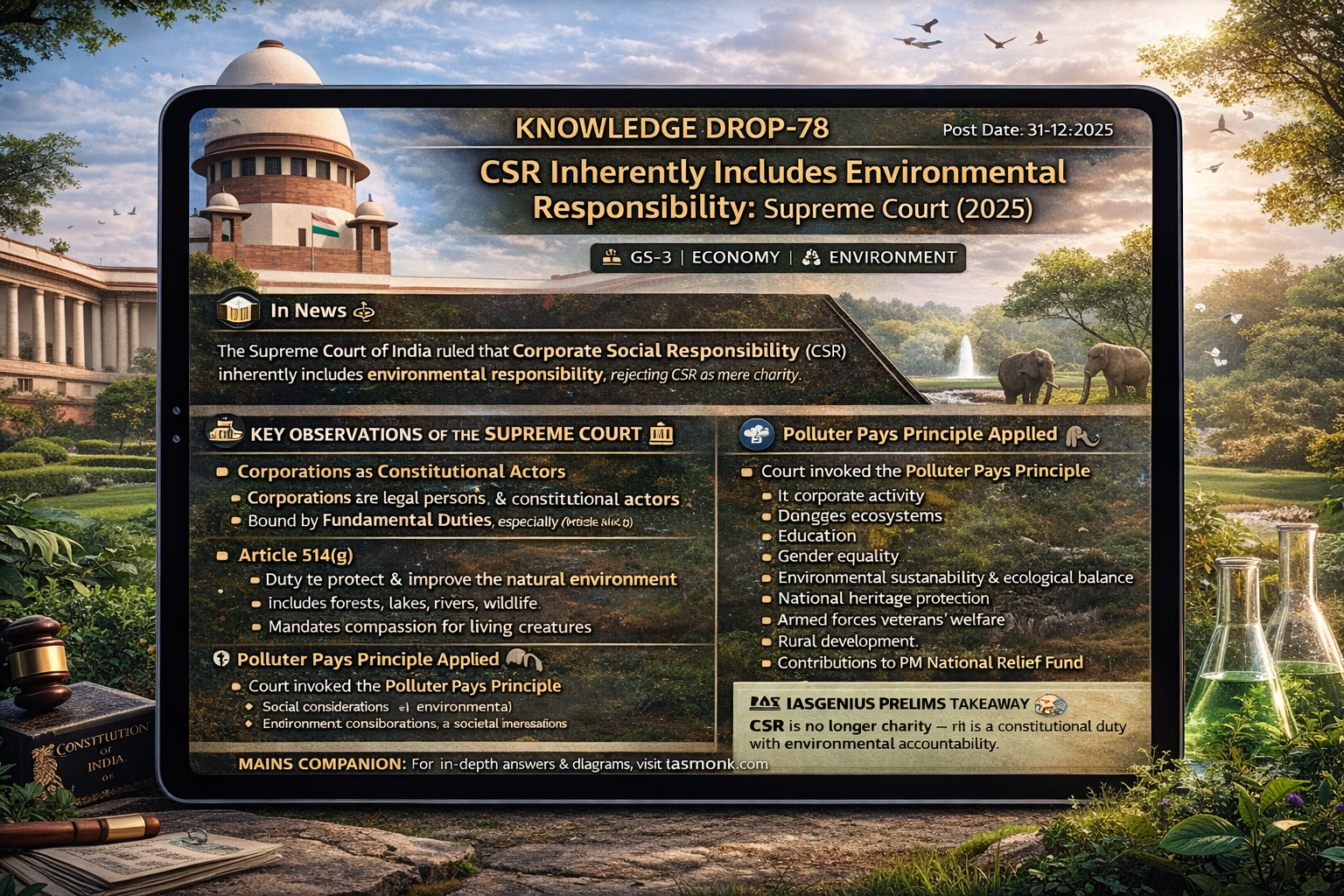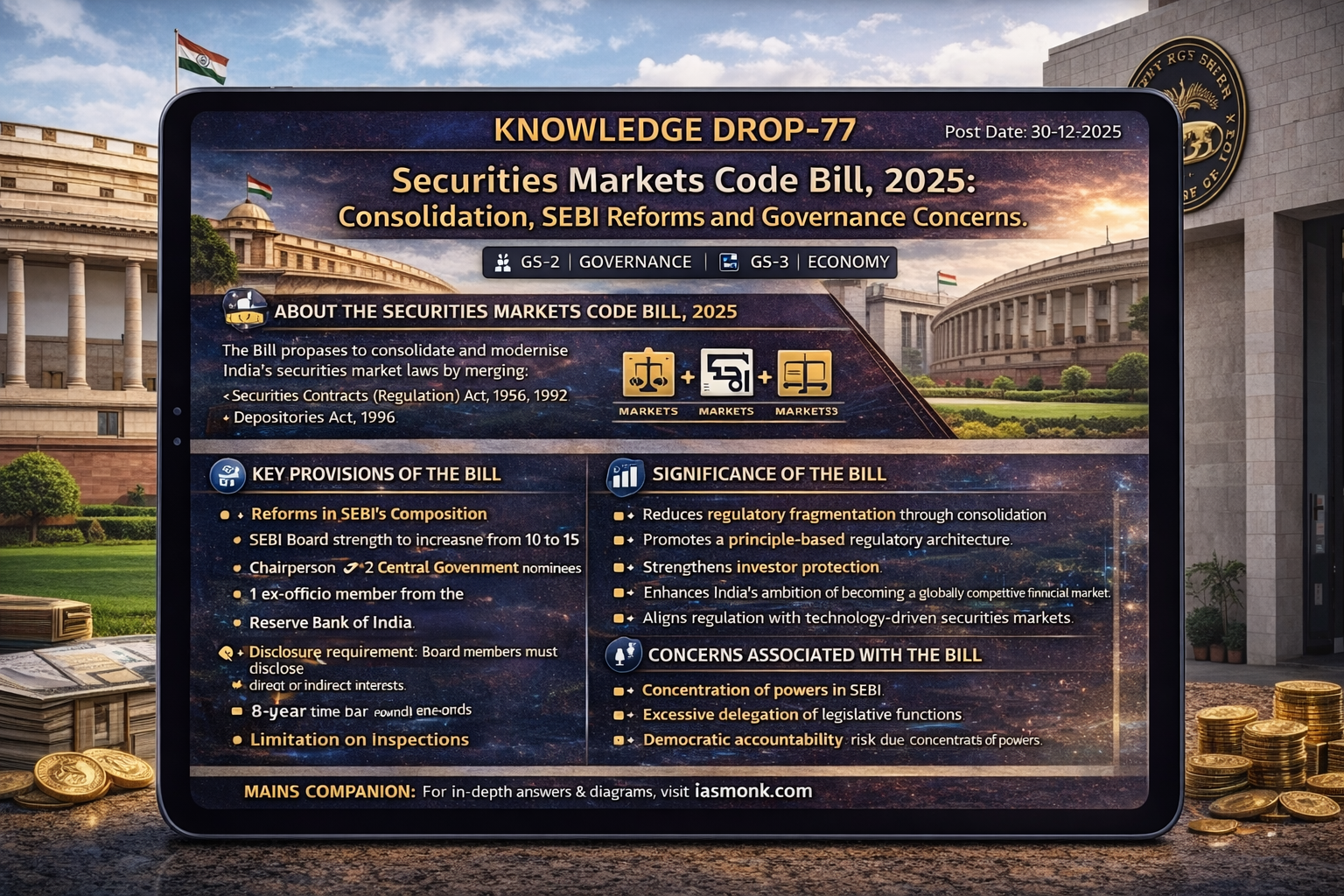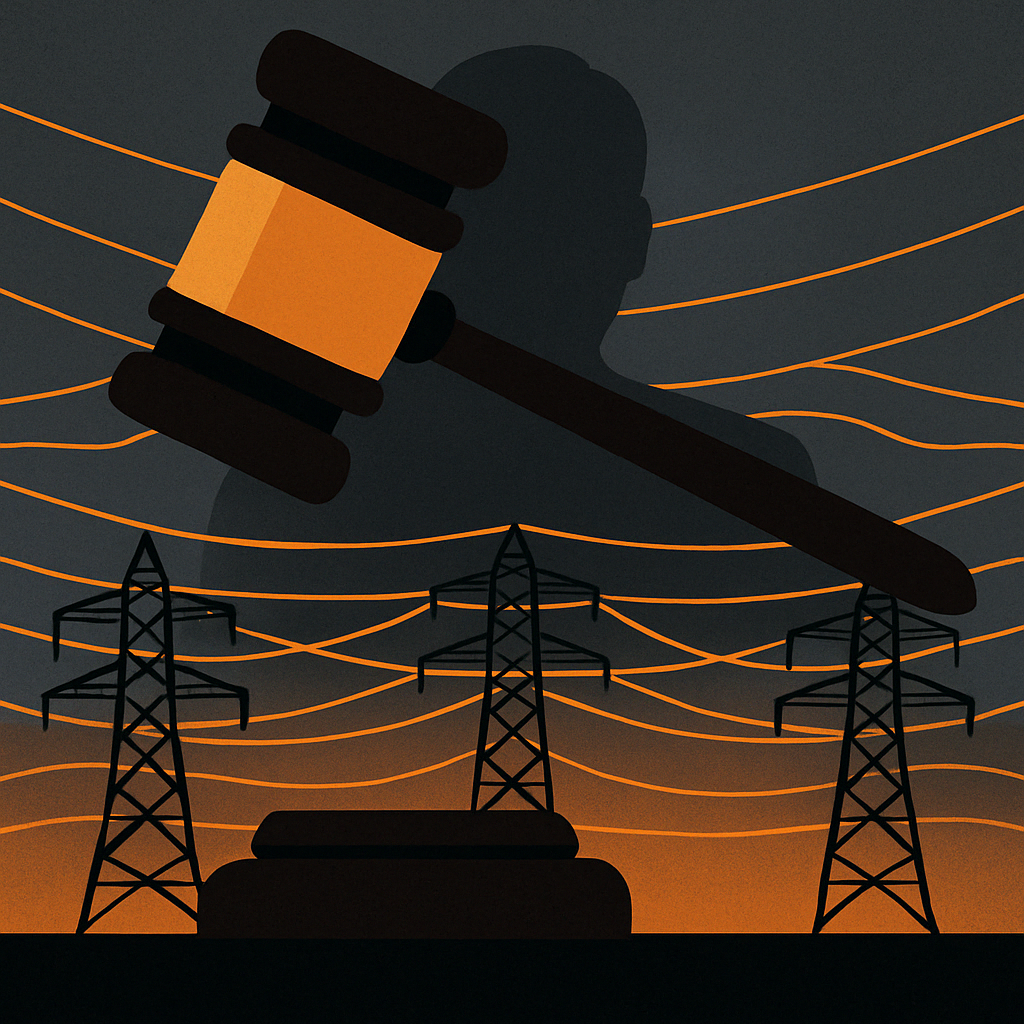
002. Grid of Justice – Supreme Court Upholds RERC’s Open Access Rules ⚖️
Polity & Governance, Economy, Electricity Laws, Judicial Decisions
By IAS Monk / April 2, 2025

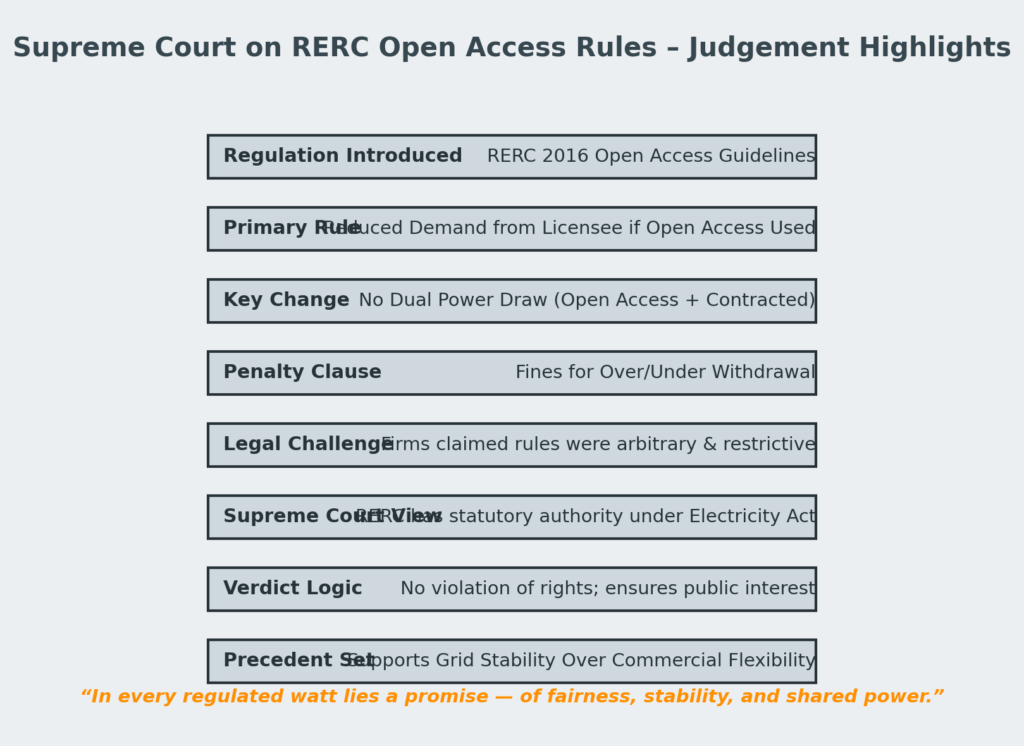
The Supreme Court of India has upheld the Rajasthan Electricity Regulatory Commission (RERC)‘s 2016 regulations on open access power—reinforcing the Commission’s right to regulate industrial consumption for the greater good of grid stability.
In doing so, the apex court dismissed pleas by multiple industrial firms, confirming that equity in electricity must sometimes trump flexibility in commerce.
🔌 What Are RERC’s 2016 Regulations?
- Apply to industrial open access consumers
- Require reduction in contracted demand if open access is chosen
- Prevent simultaneous withdrawal from both sources
- Impose penalties for:
➤ Over-withdrawal
➤ Under-withdrawal beyond contracted limits
📜 Background & Legal Challenge
- 2004 rules allowed flexibility in power scheduling
- 2016 rules introduced stricter controls
- Industrial firms (esp. captive power users) filed petitions
- Claimed rules were arbitrary, harming their operational autonomy
- Argued violations of Electricity Act, 2003
🏛️ Supreme Court Verdict
- RERC has statutory authority under the Electricity Act
- Regulations do not violate constitutional rights
- Serve public interest and ensure fair market structure
- Inconvenience to private entities ≠ violation of law
⚡ Why It Matters
- Upholds grid stability over market advantage
- Prevents gaming of the system through dual sourcing
- Encourages responsible power scheduling
- Creates regulatory precedent for other states
📚 Relevance for UPSC
- GS2: Statutory Bodies, Judicial Review, Electricity Act
- GS3: Energy, Infrastructure, Industrial Regulation
- Essay: “A just grid is the true current of democracy.”
✨ Closing Whisper
“In every regulated watt lies a promise—of fairness, stability, and shared power.”
🔥 A Thought Spark – by IAS Monk
Electricity isn’t just a flow of energy—it’s a test of balance.
When courts protect the grid, they protect the equity of access, the discipline of usage, and the invisible backbone of modern life.
India’s power story, after all, is also a story of justice.

